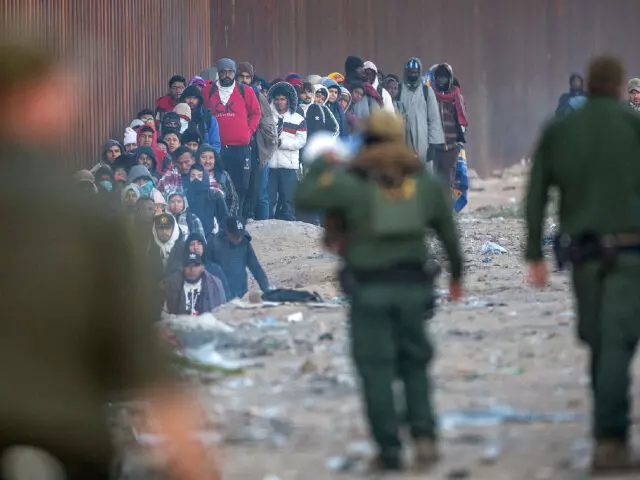This is a policy memo from U.S. Customs and Border Protection (CBP) addressed to all CBP employees outlining the agency’s position on fraternization, or inappropriate relationships between supervisors and subordinates. The memo was released in June 2021, following several high-profile cases of misconduct involving senior executives within the agency.
The policy states that employees are prohibited from establishing or engaging in romantic or sexual relationships with lesser-graded personnel without an approved waiver, issued by the agency’s highest executive, Jason Owens, Chief of CBP.
Failure to obtain a waiver prior to engaging in such a relationship could result in disciplinary action, up to and including removal. The policy also states that supervisors are expected to act as role models for subordinates and refrain from any conduct or behavior that may be perceived as favoritism or preferential treatment based on romantic or sexual relationships.
The memo emphasizes the importance of maintaining a professional work environment free from conflicts of interest and the appearance thereof, particularly between supervisors and subordinates.
According to sources within CBP who provided Breitbart Texas with this policy memo, the issues prompting its creation are angering rank-and-file agents who believe the agency’s focus on senior executives is a distraction from the real border security challenges facing them in the field. The source said these cases of misconduct have nothing to do with improprieties committed by managers and subordinates at the field level, but rather leadership failures at the highest levels of management within the agency.
The source added that this is not a field problem, they’re too busy. The Border Patrol’s number two in the chain of command in Washington retired abruptly due to allegations of sexual harassment in the workplace; the Chief of our academy is also out on allegations of misconduct.
The source emphasized that this policy is not about addressing real issues facing CBP agents, but rather creating red tape and bureaucracy that takes time and resources away from the agency’s primary mission: border security.

